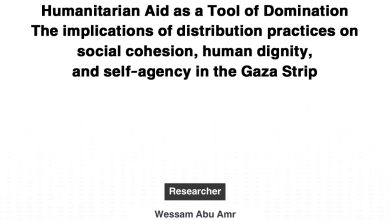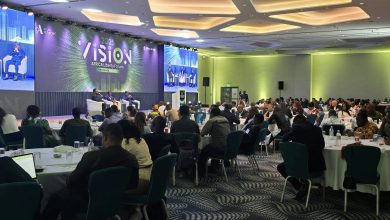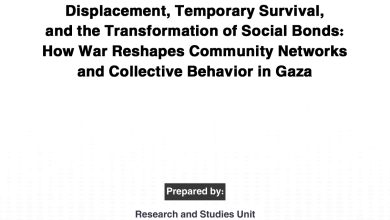COVID-19 Consequences on the laborers and Employees of the Gaza strip
Gaza in the Eyes of COVID: Radio program

Within the activities of the Gaza in the Eye of COVID, which is implemented by Pal-Think for Strategic Studies and funded by ATLAS Network, a special episode on the situation of labors and employees was aired. It discussed that laborers are subject to the Palestinian Labor Law where the employees are applied by the Civil Service Act, which regulates their relationships with their employers. This unit is responsible and reasonable to debate the ramifications of COVID-19 on the rights of laborers and employees.
Mr. Hijazi, a lawyer and a legal scholar, spoke that employees have been suffering the consequences of the Palestinian division which involved salary cuts, promotion freezes in the civil service, limiting recruitment to priority sectors, cutting advanced training courses for development, and the young employees’ early retirements. He stressed that it prohibited laborers from holding jobs once again in Israel, which made the unemployment rate grow to the line of 45%, with a total number of one thousand fresh unemployed.
He stated that the Coronavirus has had a mix of effects on the Gaza Strip—mostly a serious economic impact by noting that the Gaza Strip suffers from a high population density and a high level of poverty, which increases the chances of infection spreading. He further noted that Gaza is considered as the highest place around the globe from the total percentage of COVID tests.
Then he clarified that daily wages’ laborers gradually failed to save their jobs, whereas employees’ worst fear was realized as the emergency was declared and leading to organizations’ total closures. Then he stated that the employees of the Gaza strip government who have been suffering the mandatory salaries’ discounts and cuts, 50% of their salaries were paid to them.
Based on the legal aspect of dealing more effectively with the current tension, Gershali assured that the labor code is not applying critical and practical suggestions to proceed in case of emergency, crisis, and adverse epidemiological situations, but he stressed that it can maintain laborers’ rights in a time of productivity and call by focusing on treating employees appropriately in work environments and so their rights as an employee are protected in a time of duty.
Then he pointed out that there is nothing addressed to obligate the employers to pay their employees’ salaries when they are off, but they have permeations to end any of the contracts if they experience ravenous losses or even to close the business itself. Then he clarified that other laws, such as the Social Security Act and Pension Insurance Act, which are existed in Palestine but not applied, guarantee laborers’ and employees’ rights in the time of emergencies.
After that, he concluded by praising the importance of implementing the laws of Palestine and assured it is a must amend them to suit the current circumstance. He further pointed out that the importance of implementing article 121 of the Public Pension, Social Security Act, and Conservation Act Dignity of labors, to benefit those who proceeded the age of sixty and asked to seek local and international grants for the sake of helping support the ones who are extremely in need.




